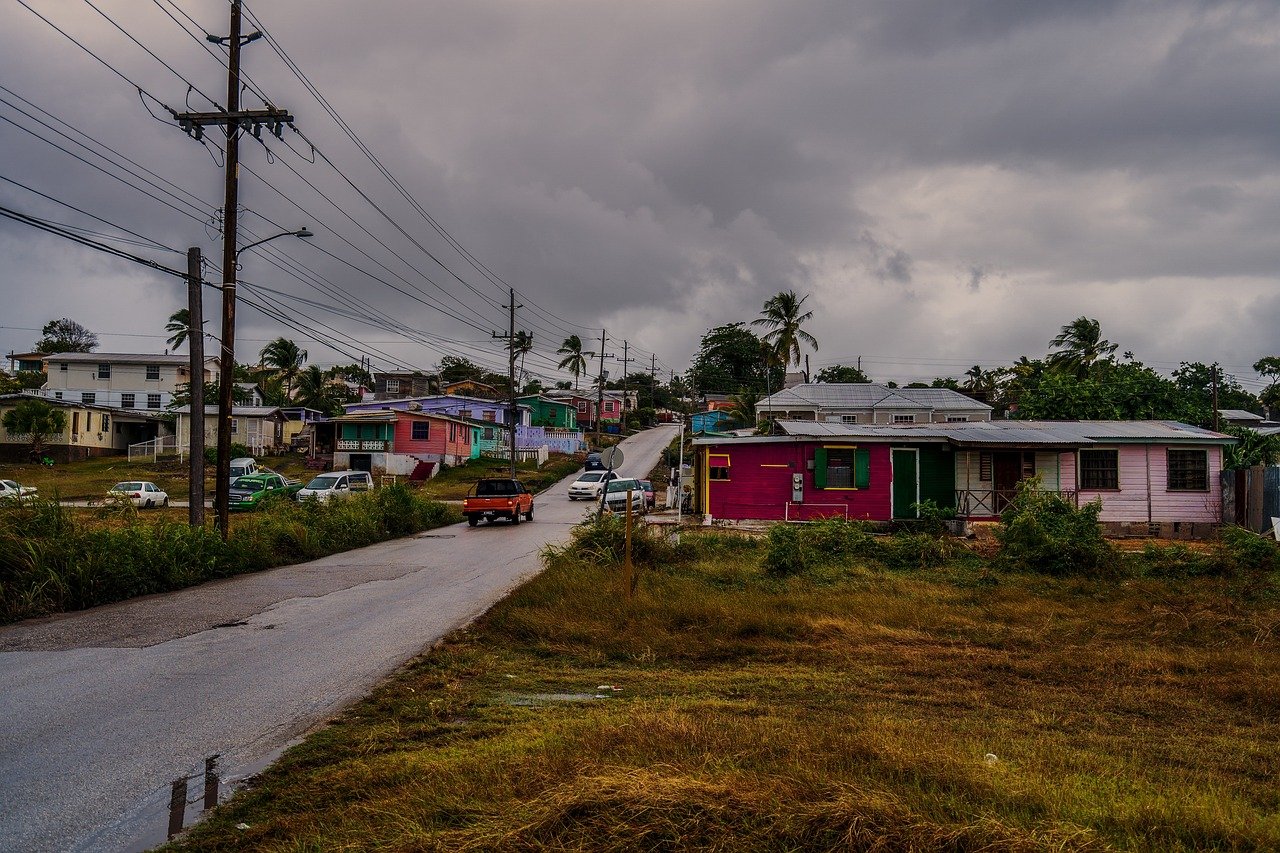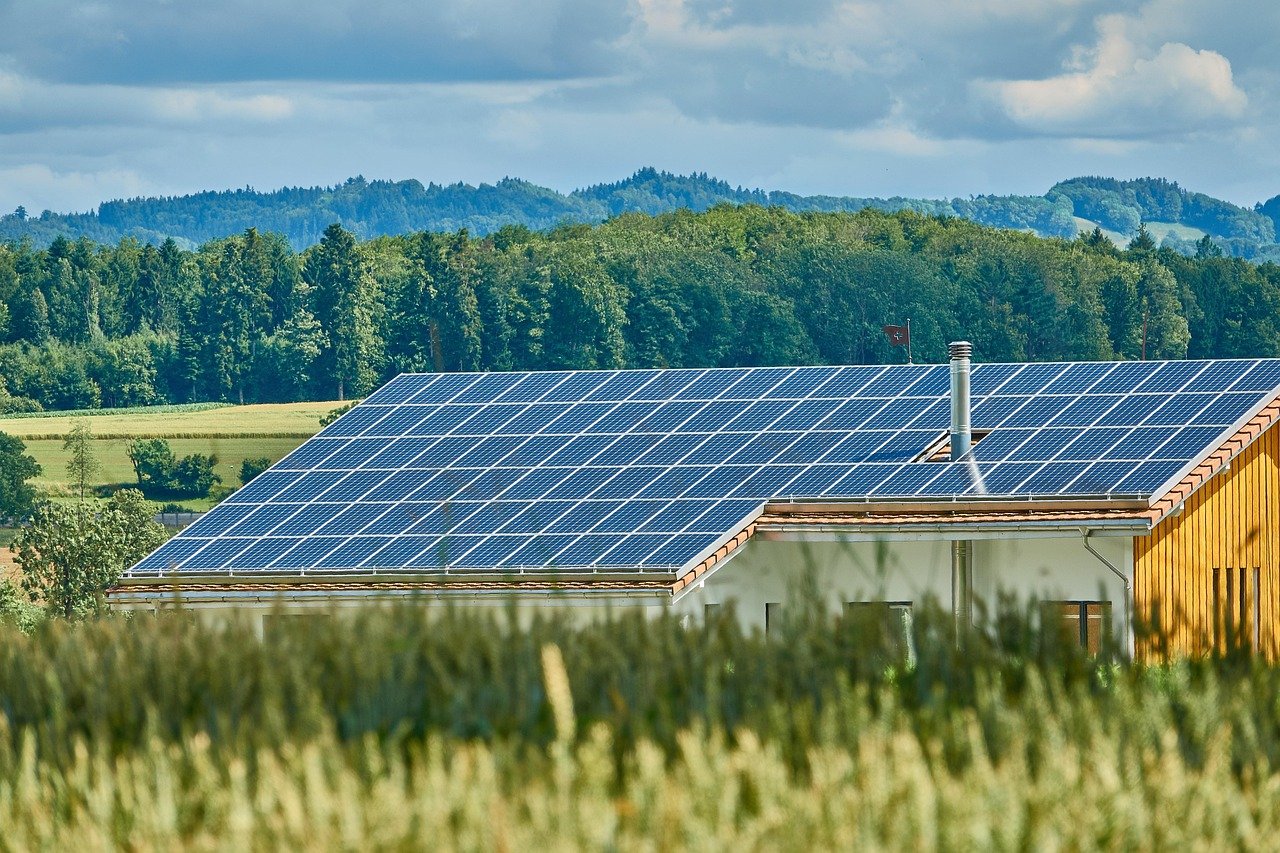Rural Zambia holds untapped potential for entrepreneurship. While urban centers like Lusaka, Ndola, and Kitwe buzz with conventional businesses, Zambia’s rural districts — from Mwinilunga to Chadiza, Kalabo to Petauke — offer a quieter, underserved landscape where unique business ideas can thrive with less competition, lower startup costs, and highly loyal customer bases.
With the right idea and community-focused mindset, starting a business in a rural area doesn’t just mean building income for yourself — it means uplifting an entire village or district. If you’re looking for unique business ideas for rural areas in Zambia, this 2025 guide is packed with practical, profitable, and purpose-driven options.
Why Rural Business in Zambia Is a Smart Move
-
Lower overhead costs: Land, labor, and rent are far more affordable.
-
High demand with low supply: Many essential services are missing or inconsistent.
-
Community loyalty: A good service provider in a rural area becomes irreplaceable.
-
Supportive environment: Government and NGOs are pushing rural development and may offer grants or training.
-
Closer to raw resources: Farming, timber, honey, and fish are abundant at the source.
Top 20 Unique Business Ideas for Rural Zambia
Each of these ideas considers rural realities — from infrastructure and lifestyle to cultural norms and available resources.
Read also: What Businesses Are Profitable in Zambia? A 2025 Guide to Smart Investment Opportunities
1. Solar Phone Charging Station
Why It Works:
Most rural homes lack consistent electricity, but mobile phone ownership is widespread.
Startup Needs:
-
Solar panels + inverter
-
Charging racks
-
Basic shelter/kiosk
Add-On Ideas:
Sell airtime, mobile money, or data bundles on-site.
2. Mobile Agro Shop on Wheels
What It Is:
A bicycle or motorbike business that sells farming inputs like fertilizer, seeds, pesticides, and tools to remote farmers.
Why It’s Unique:
Many farmers walk long distances to access inputs. Bringing the shop to them saves time and earns trust.
Bonus: Partner with seed companies for supply and branding.
3. Low-Cost Borehole Drilling Services
What You Offer:
Manual or affordable borehole digging using local labor and simple equipment.
Why It Matters:
Water scarcity is a huge issue. If you can master this skill, every village becomes a market.
Add-On: Sell water tanks or irrigation kits.
4. Mushroom Farming (Using Village Waste)
Why It’s Unique:
Mushrooms can be grown indoors using banana leaves, sawdust, and chicken droppings — all abundant in rural Zambia.
Startup Cost: ZMW 2,000–4,000
Market: Schools, clinics, roadside vendors, town markets
5. Battery Rental for Lighting and Radios
How It Works:
Buy rechargeable solar batteries or power packs and rent them out daily or weekly.
Who Will Use It:
Households, shop owners, and churches that need light but can’t afford full solar systems.
Additional Income: Sell dry cell batteries, bulbs, and solar lamps.
6. Grain Milling (Maize, Cassava, Sorghum)
Why It’s a Hit:
Every rural family grows maize but not every village has a reliable mill.
Startup Needs:
-
Hammer mill (electric or diesel)
-
Shelter
-
Weighing scale
Revenue Source: Milling fees, flour sales, bran for livestock feed
7. Soap & Detergent Making Cooperative
Why It Stands Out:
Simple to produce, high demand, low cost, and easy to teach. Start a group for women or youth to make:
-
Bar soap
-
Liquid soap
-
Floor cleaner
Market: Schools, clinics, households, churches
Meanwhile, you can also check out our guide on: How to Start a Small Business with Low Capital in Zambia: A 2025 Entrepreneur’s Guide to Thriving on a Budget
8. Mobile Veterinary Services
If You’re Skilled In: Animal care, basic livestock treatment, vaccinations
Why It’s Needed:
Livestock is a lifeline in rural Zambia. But access to trained vets is rare.
Startup Needs:
-
First aid kits for animals
-
Dewormers, vaccines
-
Bicycle or motorbike
Add-On: Sell feeds, mineral licks, and supplements.
9. Organic Beekeeping & Honey Processing
Why It Works:
Zambia’s forests are perfect for natural beekeeping. Start with bark hives or top-bar hives.
Make It Profitable:
Package honey in labeled jars and sell to NGOs, schools, markets, and tourism spots.
Add-On Products:
Beeswax candles, propolis tinctures, lip balm
10. Village-Based Brick-Making Business
What You Do:
Use sand, water, and molds to make eco-friendly bricks for local construction.
Why It’s Smart:
Villages are always building — clinics, schools, homes. Bricks made locally = lower transport costs.
Tools Needed: Brick press, cement mixer, wheelbarrow
11. Handcrafted Furniture or Carpentry
Products to Make:
Benches, school desks, stools, doors, windows
Materials: Local timber, nails, basic tools
Where to Sell: Schools, churches, neighbors, township markets
Skill Bonus: Train young people in carpentry to scale operations.
12. Goat Breeding and Trading
Why It’s Profitable:
Goats reproduce quickly, require minimal care, and have a strong resale value — especially for ceremonies and urban demand.
Business Angle:
-
Start with 3–5 goats
-
Breed and sell during festive seasons or monthly markets
-
Offer hire-for-meat services at weddings and funerals
13. Community Wi-Fi & Printing Station
What You Offer:
Use a router and data bundle to offer hourly Wi-Fi access.
Bonus Services:
-
Print national registration forms
-
Help kids access eLearning content
-
Sell e-vouchers for airtime
Equipment Needed: Laptop, printer, solar kit or generator
You might also like to read about: Affordable Internet Providers in Zambia: 2025 Guide to Fast and Budget-Friendly Connectivity
14. Herbal Medicine Cultivation
Popular Herbs: Moringa, mint, lemon grass, hibiscus, aloe vera
Why It’s Unique:
High demand from health-conscious people in cities and NGOs promoting natural medicine.
Sell As: Dried leaves, powders, teas, oils
Customers: Local healers, town markets, roadside stalls
15. Bicycle Repair & Spare Parts Shop
Why It’s a Gem:
Bicycles are still a main transport tool in rural areas, but maintenance services are rare.
Start With: Pump, tools, spare tubes, patch kits
Add-On: Sell reflective gear, water bottles, and baskets
16. Village-Based Tailoring & Clothing Repairs
What You Offer:
School uniforms, traditional wear, mending services
Bonus Product: Reusable cloth sanitary pads for women and girls — NGOs often support these
Tools: Manual sewing machine, fabric, thread
Tip: Visit markets weekly or offer home visits
Meanwhile, you can also check out our guide on: How to Register a Business in Zambia: A Complete Step-by-Step Guide for Aspiring Entrepreneurs
17. Plant Nursery (Fruit & Timber Seedlings)
What to Grow:
Mango, avocado, orange, eucalyptus, pine, guava
Sell To: Farmers, schools, forestry programs, churches
Startup Cost: ZMW 1,000–3,000
Add-On: Offer planting demos and basic agro-training
18. Village Photography & Videography
Occasions to Cover: Weddings, funerals, church events, school ceremonies
Tools: Smartphone or digital camera, flash drive, speaker
What You Offer:
-
Photo printing via USB transfer
-
Video editing for events
-
Memory card backups
Unique Edge: Offer instant mobile prints or WhatsApp delivery
19. Waste Management & Recycling Coop
What You Collect:
Plastic bottles, scrap metal, used batteries, rubber
Resell To: Recycling firms in Lusaka, Ndola, Kitwe
Why It Works:
Clean environment + income generation = dual impact. Great for youth or women’s groups.
20. Community Radio or Podcast Channel
If You’re a Storyteller or Speaker:
Start a solar-powered community radio or WhatsApp podcast with local news, farming tips, youth discussions, and educational talks.
Revenue Sources:
Local sponsorship, government ads, product endorsements
Bonus: Become the “voice” of the community
Final Thoughts: Build Rural, Build Strong
Rural Zambia is not short on problems — and that’s exactly what makes it full of opportunities. Every challenge — be it lack of power, water, transport, or education — is a chance for an entrepreneur to step in and solve it.
These unique business ideas for rural Zambia are not just about making money. They’re about building livelihoods, empowering communities, and creating a ripple effect of impact where it matters most.








0 Comments